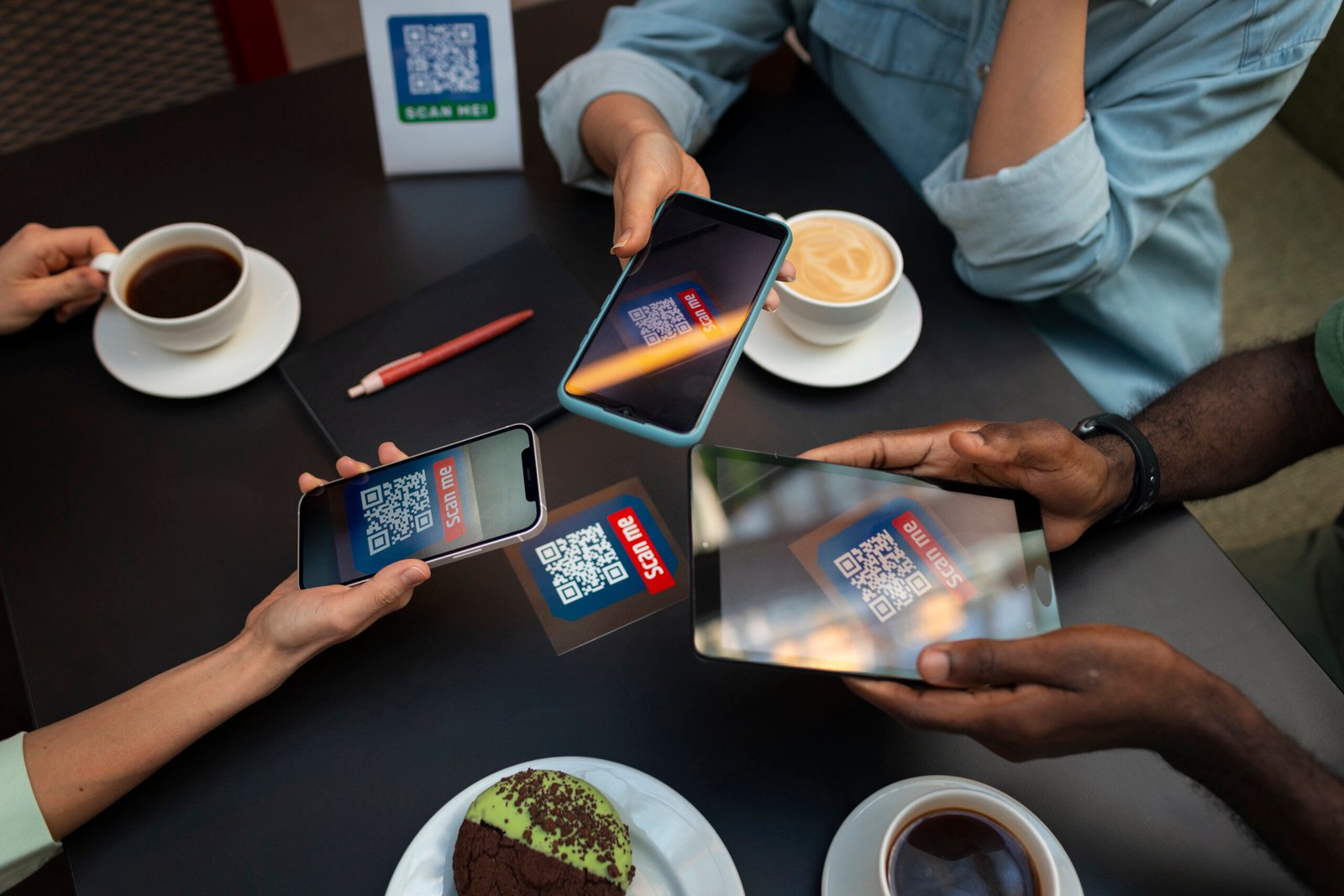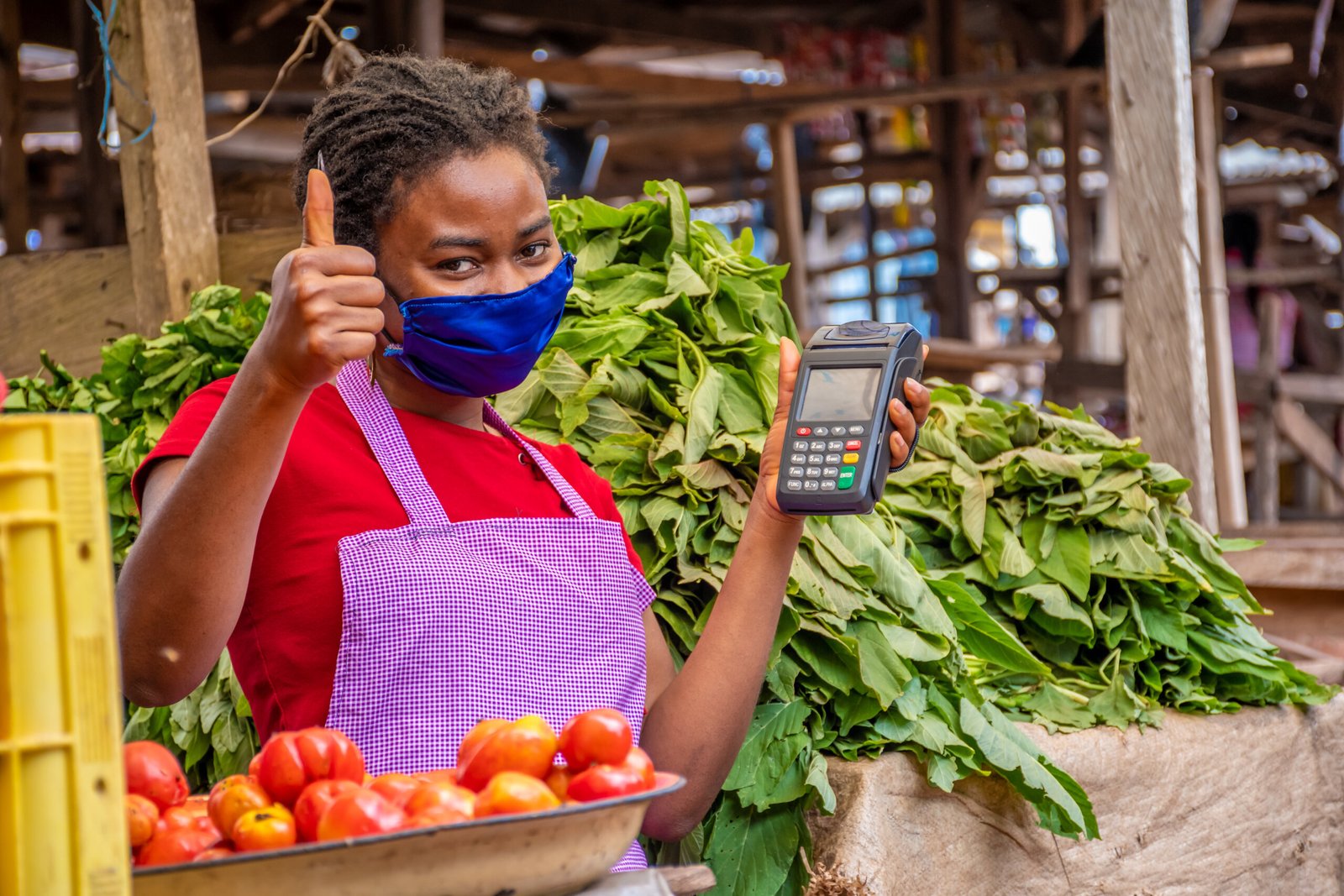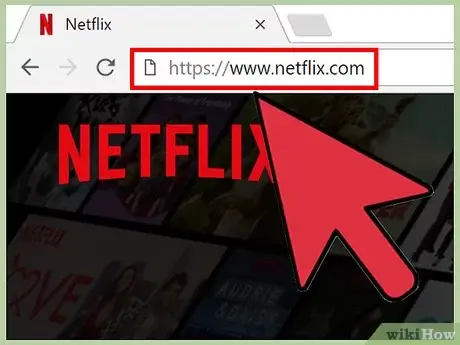
What if fintech apps are powerful enough to help you profit or encounter losses? Well, in Nigeria’s fast‑moving fintech scene, some mobile apps have gone well beyond novelty and become true everyday tools. Today, we look at 5 fintech apps Nigerians can’t stop using in 2026, what each one offers, why it’s popular, and how you might use them too.
Thank you for reading this post, don't forget to subscribe!Why this matters: With rising inflation, currency pressures, and digital-first lifestyles, these apps aren’t just convenient; they’re becoming essential.
See also: AI-Powered Cybersecurity: How Artificial Intelligence Is Redefining Data Protection in 2025
1. OPay – The Super‑App Powerhouse
First up: OPay.
In May 2025, OPay had already surpassed 50 million Android downloads in Nigeria. That scale alone marks it as a major player but what really drives usage?
Key features
-
Peer‑to‑peer transfers, bills payments, airtime top‑ups and merchant payments.
-
Strong agent network: even users with limited smartphone capabilities can cash‑in and cash‑out via OPay agents.
-
Competitive fees: low transaction costs compared to traditional banking, making it attractive for everyday users.
Why Nigerians don’t stop using it
Because “fast, reliable, all‑in‑one” matters. When you can handle your bills, send money, and pay merchants in one place, you reduce friction and OPay delivers that.
Bucket brigade: But here’s the kicker, the app doesn’t rest on past success; it keeps expanding features and agent reach.
Tip: If you’re using OPay, make sure you enable full KYC (Know Your Customer) verification. Doing so improves limits and trust.
2. Kuda – Digital‑Only Banking Done Right
Next: Kuda often dubbed “The Bank of the Free” in Nigeria.
By mid‑2025, Kuda had crossed the 10 million download mark in Nigeria.
What makes it stand out
-
No maintenance fees, free monthly transfers, and a virtual card for online spending.
-
Built‑in budgeting tools and insights, ideal for younger or mobile‑first consumers who want transparency.
-
Regulated by the Central Bank of Nigeria (CBN) and offering a credible alternative to legacy banks.
Why it’s a frontrunner for 2026
When you think about apps Nigerians can’t stop using in 2026, Kuda ticks the “everyday banking” box. It’s not only for transfers; it’s where your account becomes mobile‑centric.
Bucket brigade: And guess what, this app keeps costs down, which matters when inflation bites.
Pro tip: Use the virtual card for online subscriptions or international transactions, it’s a handy way to manage spending in foreign currencies.
3. PalmPay – Payments, Rewards & Everyday Simplicity
Third on the list: PalmPay.
PalmPay has grown tremendously, boasting tens of millions of users and a growing merchant network.
Core strengths
-
Simple payments interface; airtime, utilities, transfers.
-
Rewards and cashback programmes which appeal to value‑seeking users.
-
Offline agent network and POS reach; bridging digital & physical usage.
Why this matters for 2026
In a market where users expect more than “just an app”, PalmPay offers both convenience and value. It’s one of the apps Nigerians can’t stop using simply because it combines daily utility with perks.
Bucket brigade: And here’s the bonus for small businesses and merchants, PalmPay offers a practical way to accept payments without heavy infrastructure.
Suggested usage: If you run a side‑business or market stall, consider integrating PalmPay for payments — and utilise its reward features to build loyalty.
4. FairMoney – Loans, Wallets and Small‑Business Edge
Fourth entry: FairMoney. This app began as a lending service but has evolved into a broader fintech platform.
What it includes
-
Instant personal loans with minimal paperwork — useful for freelancers, gig‑economy workers and SMEs.
-
A digital wallet with savings features and low‑cost transfers.
-
Design‑for‑mobile experience, fast onboarding and loan disbursement in minutes.
Why Nigerians continue to use it in 2026
As cost‑of‑living pressures mount and small‑business owners look for agile financial tools, FairMoney fills a gap. Access to credit + wallet functionality = a strong combination.
Bucket brigade: But one caveat is to ensure you manage repayments well and monitor interest/fees carefully.
Smart tip: Use FairMoney’s savings module to set periodic savings amounts, and combine it with its loan options only when absolutely necessary.
5. Moniepoint – Business‑Focused Fintech with Scale
Finally: Moniepoint.
Moniepoint has grown significantly and now supports both personal users and businesses. In October 2024 it raised US$110 million in funding, reaching unicorn status.
Highlights
-
Strong emphasis on payments, POS infrastructure, and merchant services.
-
Secure, regulated digital banking + business‑tools for SMEs; a combination that appeals across user segments.
-
High download volume and strong ratings, signalling trust and usage.
Why it features among apps Nigerians can’t stop using in 2026
As Nigeria’s economy becomes more digital and SME‑driven, Moniepoint positions itself as the fintech bridge between consumer and business finance.
Bucket brigade: And guess what, for small business owners, the ease of accepting digital payments, managing cash flows and integrating with mobile banking is a game‑changer.
Business tip: If you run a merchant operation, consider using Moniepoint’s POS and payments services to reduce reliance on cash and reach more customers.
Read on: How to Design a CV That Passes ATS Systems in 2025: A Nigerian Job-Seeker’s Guide
Trends That Underlie These App Choices

Why exactly are these five apps taking the lead in 2026? Some key themes show up:
-
Mobile‑first user base: With smartphone penetration rising, apps that optimise mobile UX win.
-
Low fees + high value: Users increasingly demand clear, minimal‑cost services (that’s why Kuda and FairMoney shine).
-
Agent/offline networks: Digital-only isn’t enough; apps that link digital to physical (OPay, PalmPay) secure broader adoption.
-
Regulation and trust: In an environment where fraud worries persist, apps with credible regulation and strong security matter.
-
Fintech for businesses, not just individuals: The rise of SMEs and gig work means apps that support business users (Moniepoint) are becoming household names too.
What to Consider When Choosing a Fintech App

-
Safety and Regulation: Ensure the app is authorised by the Central Bank of Nigeria or a relevant regulatory body.
-
Fees and Transparency: Check for hidden charges; many users switch when they realise traditional banks charge more.
-
User Experience: Does the app work on low‑data/older phones? Is it easy to use?
-
Ecosystem Fit: If you’re a business owner, does the POS offer support? If you’re a freelancer, is there savings or credit support?
-
Support and Trust: Agent or offline support can be essential in Nigeria – apps that combine online + offline reach tend to succeed.
See also : 10 Must-Use Apps for Nigerian Remote Workers and Freelancers in 2025
Final Word: 5 Fintech Apps Nigerians Can’t Stop Using in 2026
If you’re looking for fintech apps Nigerians can’t stop using in 2026, you now have your list. Whether you want payments, digital banking, loans or business tools, these five cover the major bases.
Here’s your action plan, pick one app from the list that fits your lifestyle or business need, test it, use it for a month, then evaluate.
The future of fintech in Nigeria isn’t just about flashy features; it’s about utility, trust and cost‑efficiency. These apps are winning because they get that.








